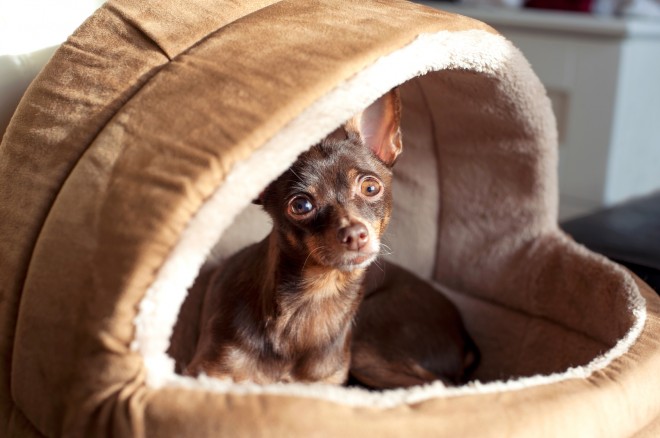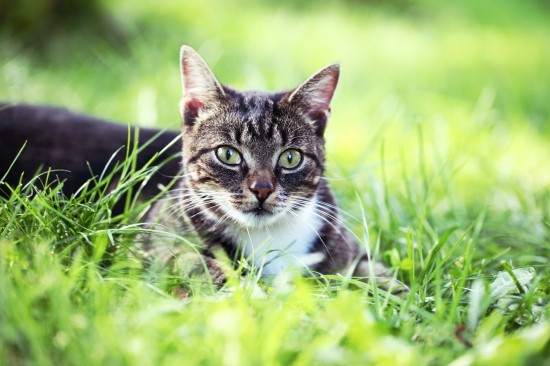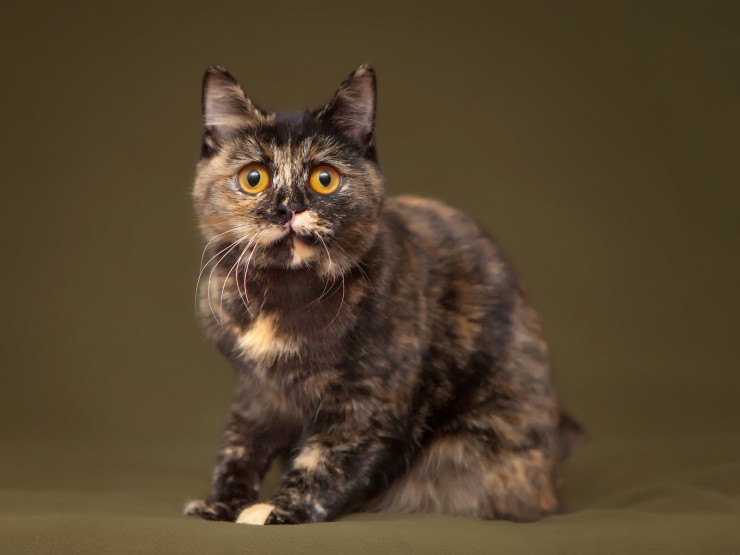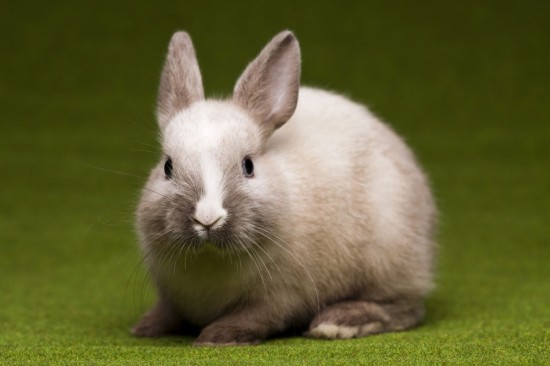
Taking care of another living creature is a big responsibility. But it is one that most Americans happily embrace. According to the ASPCA, more than 60 percent of U.S. households have at least one pet. Most of those contain either a cat or a dog. At present, cats are more popular. There are approximately 94 million felines, compared to 78 million canines.
One of the reasons the cat replaced the dog as the most common pet in America is that it is easier to care for. Few pet owners would argue that felines are more independent animals than their canine friends. They do not have to be taken for walks or combed or bathed as frequently. However, they still require a lot of care. In fact, it is just as expensive to own a cat as it is to own a dog. Why is this?
Cats might be more independent, but they suffer from many of the same disorders as dogs. They can get fleas, heartworms, allergies, diabetes, and dental diseases. In order to keep them healthy and comfortable and to extend their lifespan, it is important to practice preventative medicine.
Fleas, Ticks, and Heartworms
Some feline health issues are so common they must be guarded against 24/7/365. Because they typically spend more time outdoors than dogs, cats are even more likely to suffer from flea or tick infestations. But since cats are notoriously hydrophobic (afraid of water), bathing them on a regular basis may not be an option. That means no flea or tick shampoos. One simple and reliable solution to this conundrum is to give you feline friend a monthly chewable. These prescription tablets help keep your cat flea and tick free. They also protect against heartworms, a potentially fatal disease for which there is no known cure.
Nutrition
A common problem with modern cat foods is that they contain a lot of filers, by-products, and preservatives. This may mean your pet’s nutritional needs are not being met. Adding a complete multi-vitamin and a mineral supplement to his food will ensure that his diet remains healthy and balanced.
Joints
A significant number of older cats have serious joint issues that require regular treatment or even surgery. It is important to make certain that your feline friend maintains a healthy weight and that he stays active. While there is guaranteed preventative for these issues, since there are mostly age-related, many cat lovers use natural supplements like glucosamine and chondroitin. Others swear by a supplement called Yucca, which may provide joint pain relief.
Skin and Coat
As we mentioned earlier, cats are more independent than dogs, and they hate water. Perhaps it is for these reasons that felines handle most of their own hygiene and grooming. Cats clean themselves with their tongues, and when they do they inadvertently swallow loose hair. Because it cannot be digested and it difficult to pass, cats are often forced to regurgitate these “hairballs” all over the house. For most pet owners, these clumps are the single most unpleasant thing about having a cat. Not only do they make a mess, but they can also cause physical discomfort, even pain. Fortunately, they can be treated.
If your cat is constantly coughing and hacking and it seems like he’s trying to get something up, odds are the culprit is a hairball that is stuck in his throat or farther down. A special type of lubricant (typically a type of petroleum jelly) will allow the clump to pass through his digestive system when he goes to the bathroom. To facilitate this action, it may be a good idea to add a little more fiber to his diet in the short term.
For pet lovers who have long-haired cats, hairballs are inevitable. Because they have longer and heavier hair, they also have more loose hair, which means they will swallow more of it during grooming. It is for this reason that we strongly recommend regular brushing to remove loose hair he might otherwise ingest.
Oral Care
Have you ever wondered how cats and dogs avoid dental problems? After all, they don’t brush, floss, or use mouthwash. They don’t even go to the dentist. What’s their secret? Unfortunately, there isn’t one. Dogs and cats are not immune to dental issue. They just can’t talk, so it’s hard for them to complain about toothaches and cavities. What is an owner to do?
We do not recommend brushing your cat’s teeth for him. Even if he would sit still, there are other available options. One of our favorites is dental water additives, which kills and reduces your cat’s risk of cavities and periodontal disease. We also adore cat dental treats because they are a tasty and effective way to improve oral health.
 Keeping Your Pet’s Equipment Safe To Use
Keeping Your Pet’
Keeping Your Pet’s Equipment Safe To Use
Keeping Your Pet’
 Six Health Essentials That You Should Monitor In Your Kittens First Few Weeks Of Life
Six Health Essent
Six Health Essentials That You Should Monitor In Your Kittens First Few Weeks Of Life
Six Health Essent
 Cat Scratch Fever - Bartonellosis In Cats
Cat Scratch Fever
Cat Scratch Fever - Bartonellosis In Cats
Cat Scratch Fever
 Seven Interesting Facts About Tortoiseshell And Calico Cats
Seven Interesting
Seven Interesting Facts About Tortoiseshell And Calico Cats
Seven Interesting
 Five Of The Most Common Health Problems In Rabbits
Five Of The Most
Five Of The Most Common Health Problems In Rabbits
Five Of The Most
Copyright © 2005-2016 Pet Information All Rights Reserved
Contact us: www162date@outlook.com